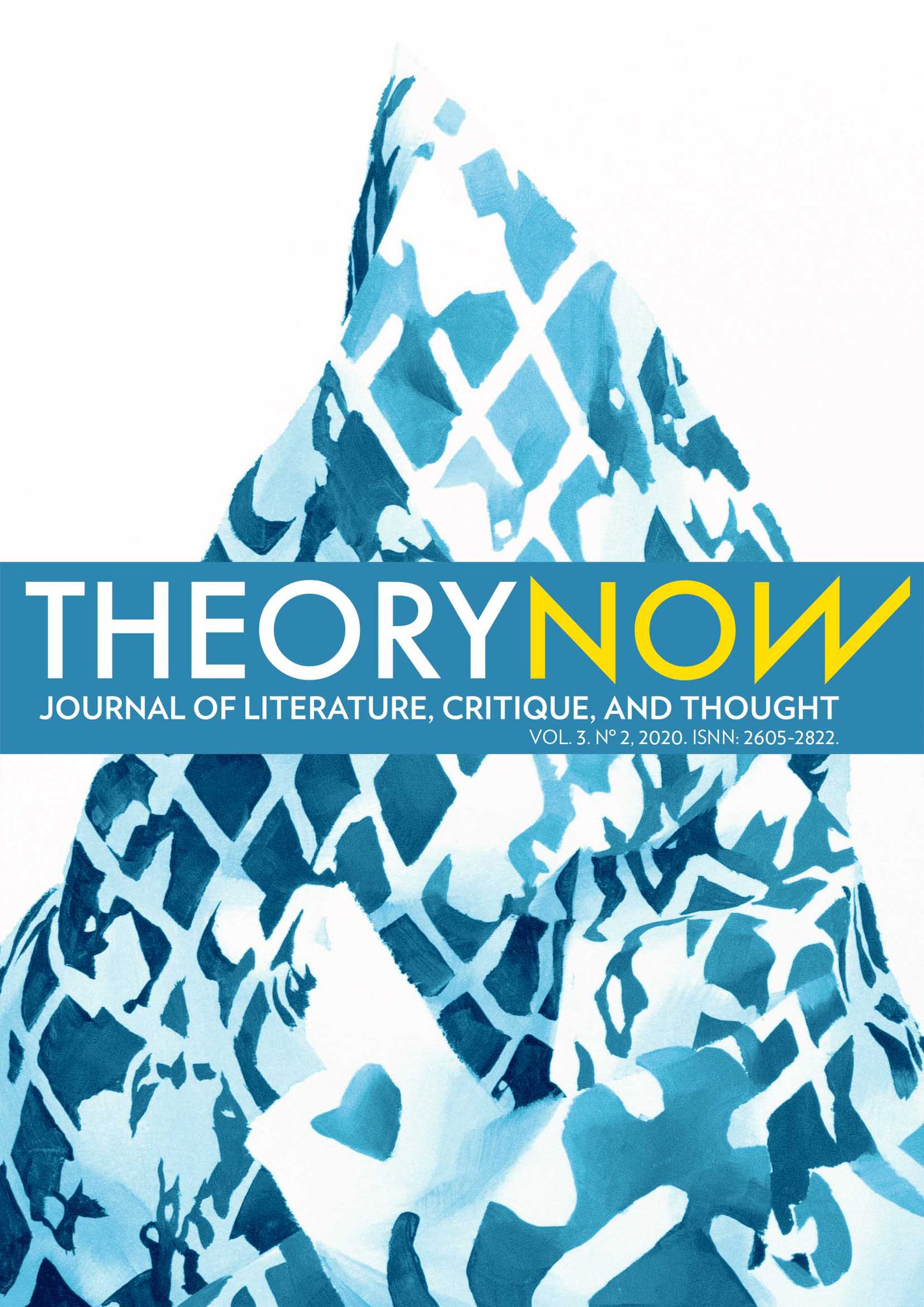Reading Bourdieu in Casanova: Field Theory, Ilusio, and Habitus
DOI :
https://doi.org/10.30827/tn.v5i1.22865Résumé
Pascale Casanova’s world literature theory and methodology developed in The World Republic of Letters draws heavily from Pierre Bourdieu’s sociology. While criticism to date has noted that Casanova builds on Bourdieu and makes use of a number of his concepts, the extent to which Bourdieu underpins Casanova’s work has not been fully uncovered. This paper analyses some of the methodological, conceptual, and theoretical elements which Casanova has drawn from Bourdieu, particularly through her adaptation and development of concepts such as the literary field, illusio, and habitus. In an explicit sense, Casanova extends Bourdieu’s nationally focused field theory and analysis to a complex international scale. Yet, more implicitly, Casanova draws on concepts such as illusio, habitus, and methods of critical reflexivity and epistemological vigilance, which she also borrows from Bourdieu. As such, by reading Bourdieu in Casanova, it is possible to gain a deeper understanding of Casanova’s theory and methodology.
Téléchargements
Téléchargements
Publié-e
Comment citer
Numéro
Rubrique
Licence
Theory Now Journal of Literature, Critique, and Thought est une publication d’accès ouvert, immédiat et totalement gratuit pour les lecteurs autant que les auteurs. Les auteurs ne payent aucun frais pour le processus éditorial de leurs articles. Nous permettons la lecture, le téléchargement, la copie, la distribution, l’impression, la recherche, le lien ou la réutilisation de tous les travaux publiés à des fins non commerciales, à condition que l’auteur, la revue et l’entité éditoriale soient cités. La diffusion des articles dans les réseaux sociaux (Facebook, Twitter, LinkedIn, etc.) et scientifiques (ResearchGate, Academia.edu, etc.), les dépôts institutionnels universitaires et autres dépôts publics, blogs et web personnels ou institutionnels, Google Scholar, ORCID, ResearchID, ScopusID, etc., est vivement recommandée. Dans tous les cas, la propriété intellectuelle des articles et les possibles droits économiques dérivés d’eux sont conservés exclusivement par leurs auteurs.













